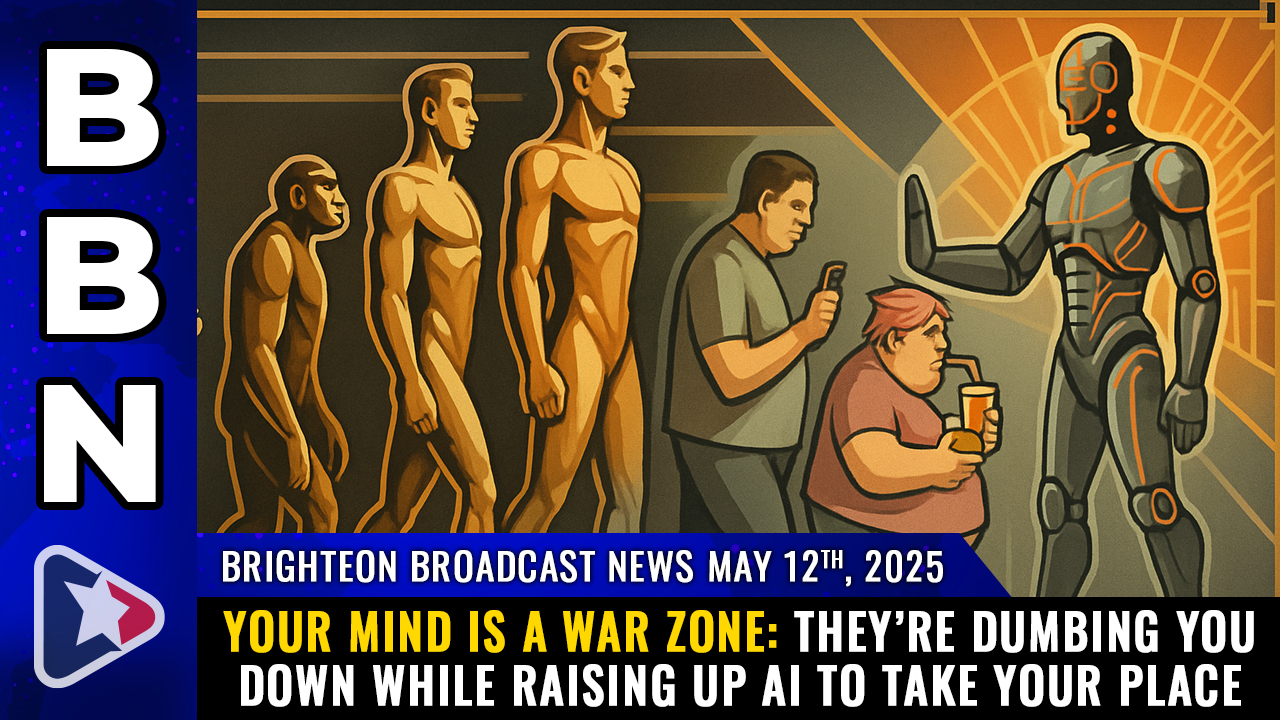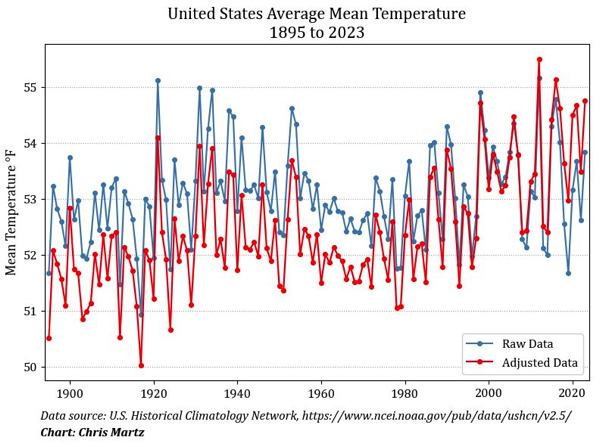Government workers at risk as AI automation threatens 80% of Federal jobs
By finnheartley // 2025-05-12
Tweet
Share
Copy

- AI-Driven Government Downsizing: Mike Adams proposes replacing 80% of government workers with AI to cut bureaucratic inefficiency, citing underperformance and taxpayer-funded complacency among federal employees.
- Private vs. Public Sector AI Adoption: While private firms use AI to augment workers without layoffs, Adams argues the government should drastically reduce its workforce, with AI handling tasks like tax processing and compliance.
- AI Judges for Fairer Outcomes: Adams suggests AI could replace biased human judges, offering transparent, step-by-step reasoning in legal decisions, as seen in controversial cases like Alex Jones’ trial.
- AI as a Productivity Tool in Business: His company trains employees on AI tools (e.g., text/video editing, translations) to enhance work without job cuts, emphasizing human creativity alongside automation.
- Remote Jobs at Risk: Adams warns 50% of remote roles (emails, spreadsheets, customer service) could vanish in 1–3 years as AI automates repetitive tasks, urging workers to adapt or risk obsolescence.
The Case for AI in Government
Adams highlights the stark contrast between the private and public sectors when it comes to AI adoption. While private companies like his own use AI to augment human workers—boosting productivity without layoffs—he believes the federal government is ripe for a massive workforce reduction. "Many government workers have become complacent, relying heavily on pensions and benefits at taxpayer expense while underperforming in their roles," Adams stated. "Replacing them with AI agents could lead to more efficient operations and a leaner government structure." He points to Senator Ted Cruz’s recent push to abolish the IRS as an example of the growing movement to shrink federal agencies. Adams supports this effort, arguing that AI could handle tax processing, regulatory compliance, and other administrative tasks more effectively than human bureaucrats.AI vs. Human Judges: A Fairer System?
Adams also suggests that AI reasoning models could outperform human judges in making unbiased legal decisions. He cites the case of Alex Jones, where he believes judicial bias played a role in the outcome. "An AI judge would not be subject to prejudices and could provide a more equitable trial process," Adams argues. "AI reasoning models offer transparency by explaining their decision-making step-by-step, ensuring consistency and fairness."Private Sector Approach: AI as a Tool, Not a Replacement
Unlike his stance on government downsizing, Adams takes a different approach in his own business. His company uses AI to enhance human work, training employees on AI tools for tasks like text editing, video production, and translations—without cutting jobs. "Humans bring unique value to their roles, which cannot be fully replicated by AI," he explains. "By empowering employees with technology, we help them perform better and achieve greater productivity."The Future of Work in an AI-Driven Economy
Adams warns that remote desk jobs are the most vulnerable to AI automation, with AI agents already capable of handling emails, customer service, and data processing. He predicts that within one to three years, 50% of remote jobs could vanish as AI takes over repetitive tasks. "If your job is handled with a computer, you spend most of your day on spreadsheets or emails—you need to adapt," he says. "AI is going to make a lot of everyday jobs obsolete."Conclusion: A Leaner Government, a More Efficient Future
Adams’ vision aligns with broader trends toward government efficiency and decentralization. While he advocates for massive federal workforce cuts, he emphasizes that AI should be used to empower, not replace, private-sector workers. As AI continues to advance, the debate over its role in government and employment will only intensify. For now, Adams’ message is clear: automate bureaucracy, but preserve human ingenuity where it matters most. Watch the May 12 episode of "Brighteon Broadcast News" as Mike Adams, the Health Ranger, talks about your mind as a war zone. This video is from the Health Ranger Report channel on Brighteon.com.More related stories:
WAR ON COGNITION: The Coordinated Assault on Your Brain and How to Defend Yourself Against Every Attack Ancient cold therapy beats modern pills for sleep, cognition and anxiety, research reveals The dopamine crisis: How toxins and poor nutrition are dumbing down society Sources include: Brighteon.comTweet
Share
Copy
Tagged Under:
MSG health collapse natural pollution toxins artificial sweeteners Big Pharma natural health poison diet freedom societal collapse EMF mind control media awakening brain chemical toxins revolt environmental toxins 5g liberty psychological manipulation Electromagnetic Warfare Nutritional facts
You Might Also Like
Study finds that the Mediterranean diet can slash dementia risk by 23%
By Ava Grace // Share
Health Ranger Report: Cory Endrulat explains why humanity must ABOLISH modern slavery to survive
By Kevin Hughes // Share
Florida becomes second state to ban FLUORIDE in public water
By Ava Grace // Share
Recent News
SIDS concerns on the rise; vaccine-death link resurfaces in data analysis
By willowt // Share
House approves bill renaming Gulf of Mexico to Gulf of America
By ramontomeydw // Share
Royal jelly: Another nutritious bee product you should know about
By avagrace // Share











